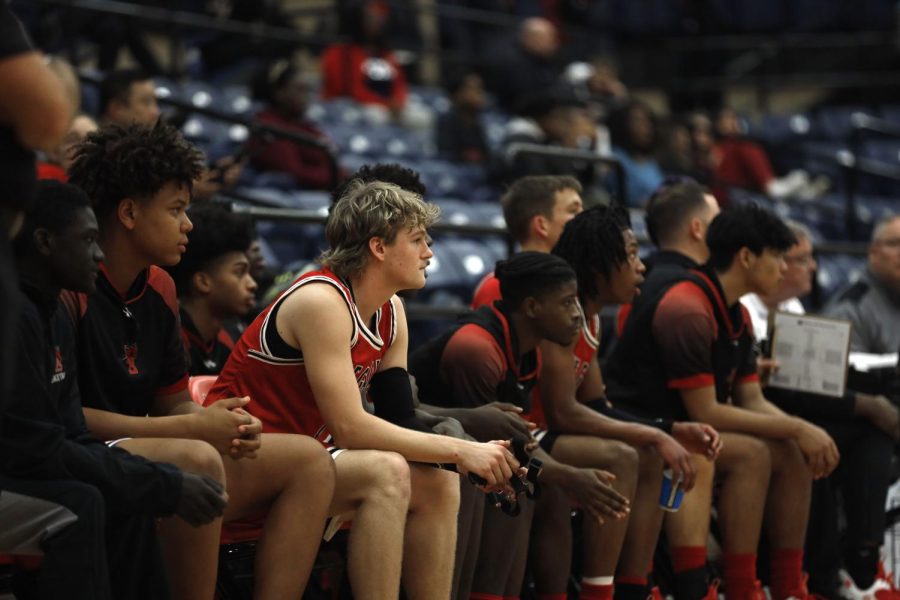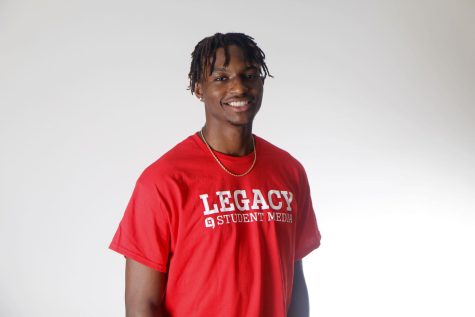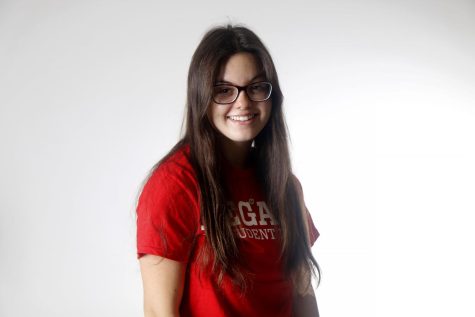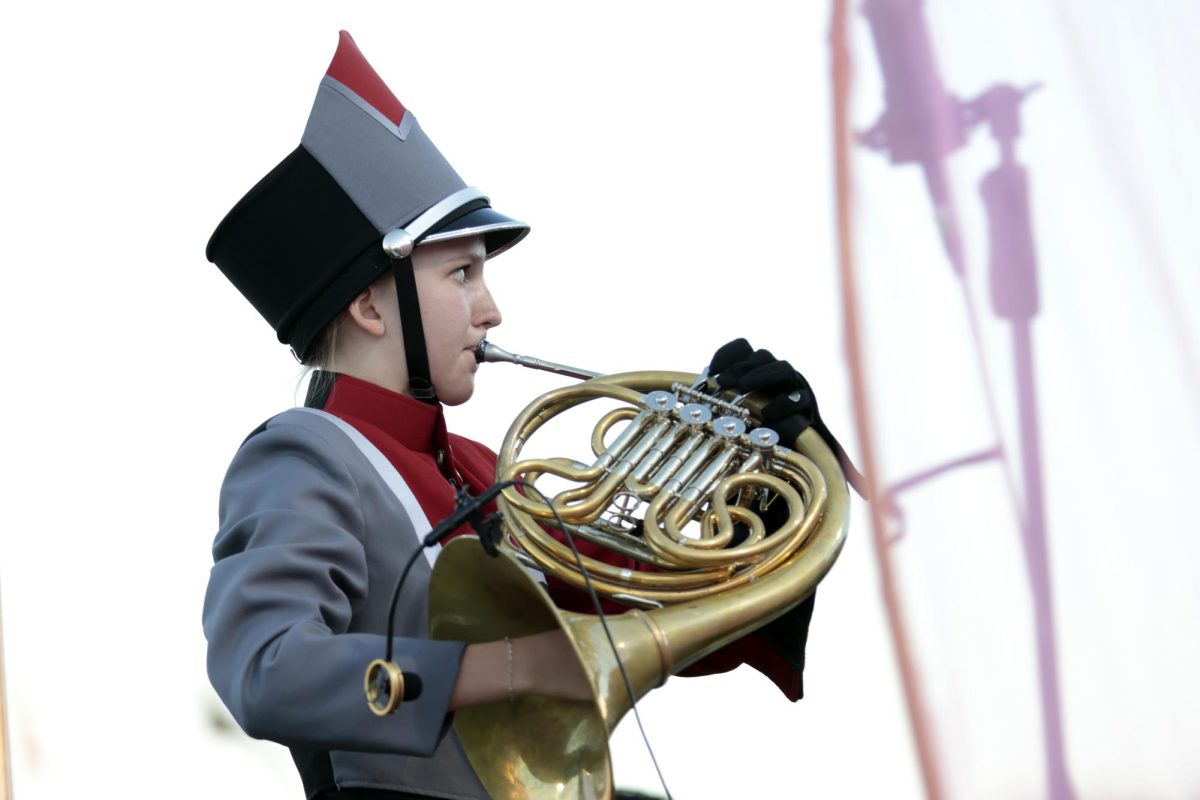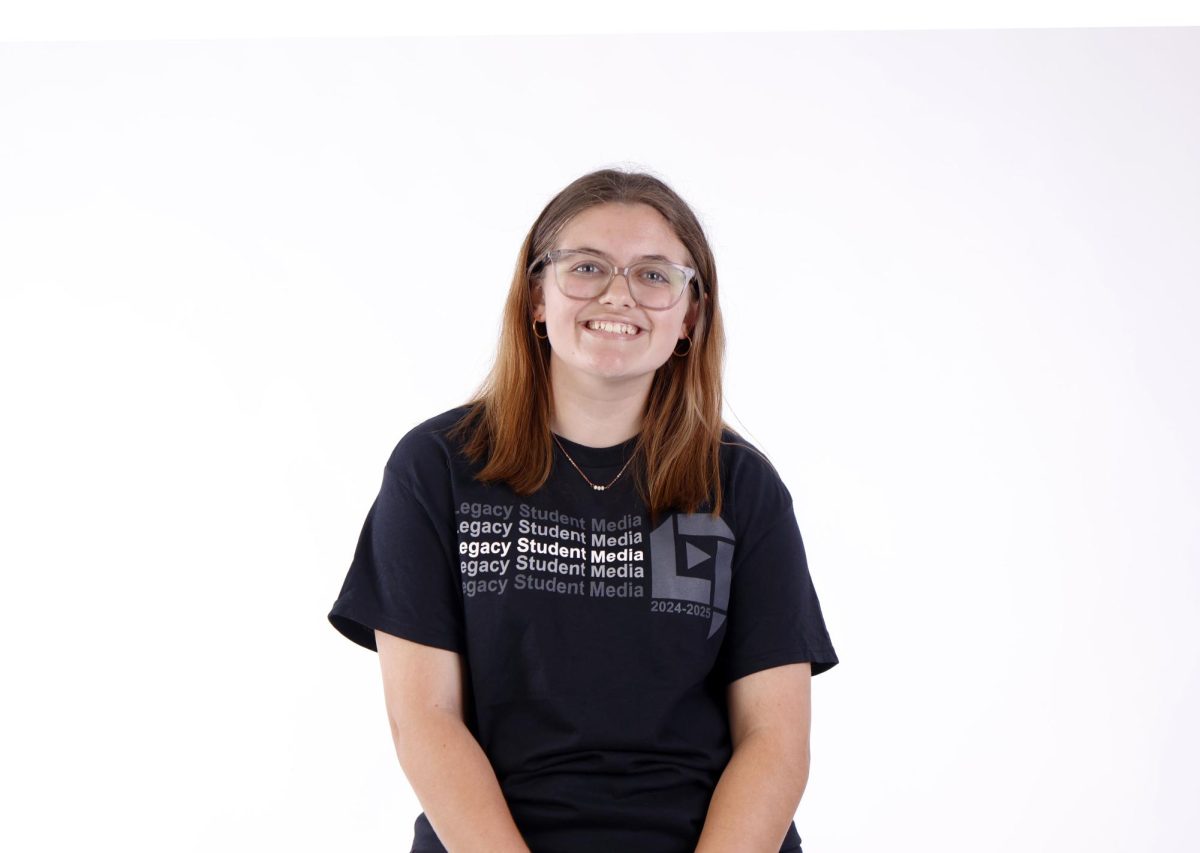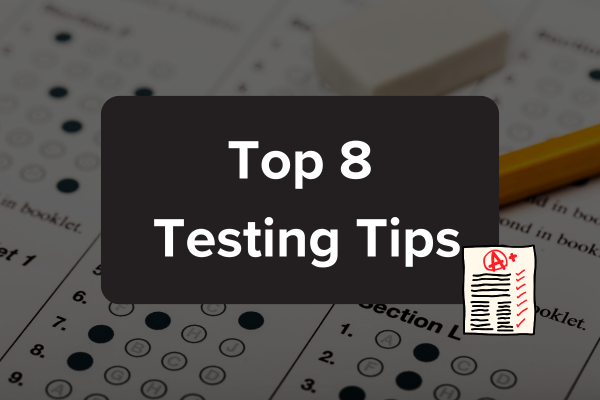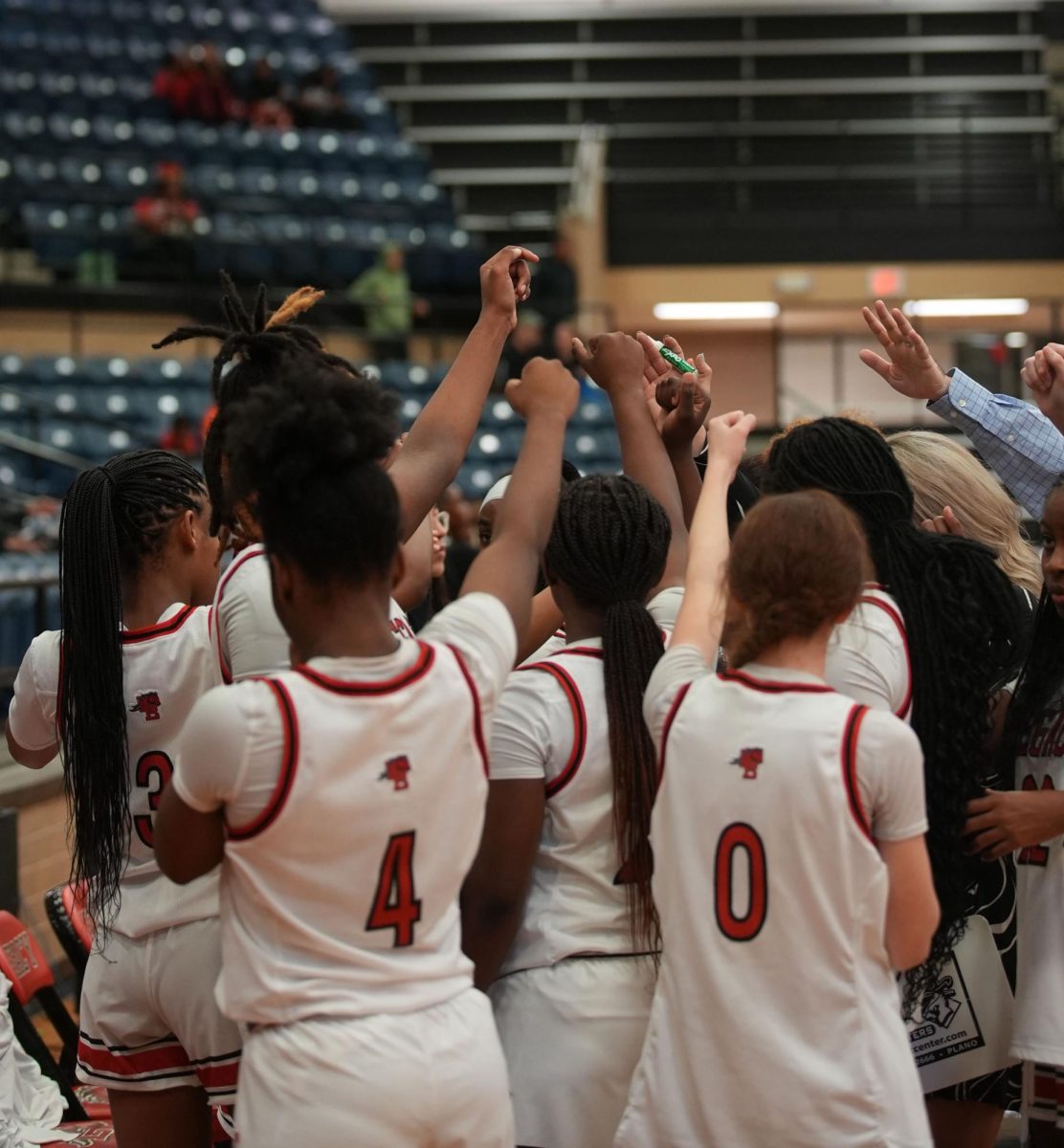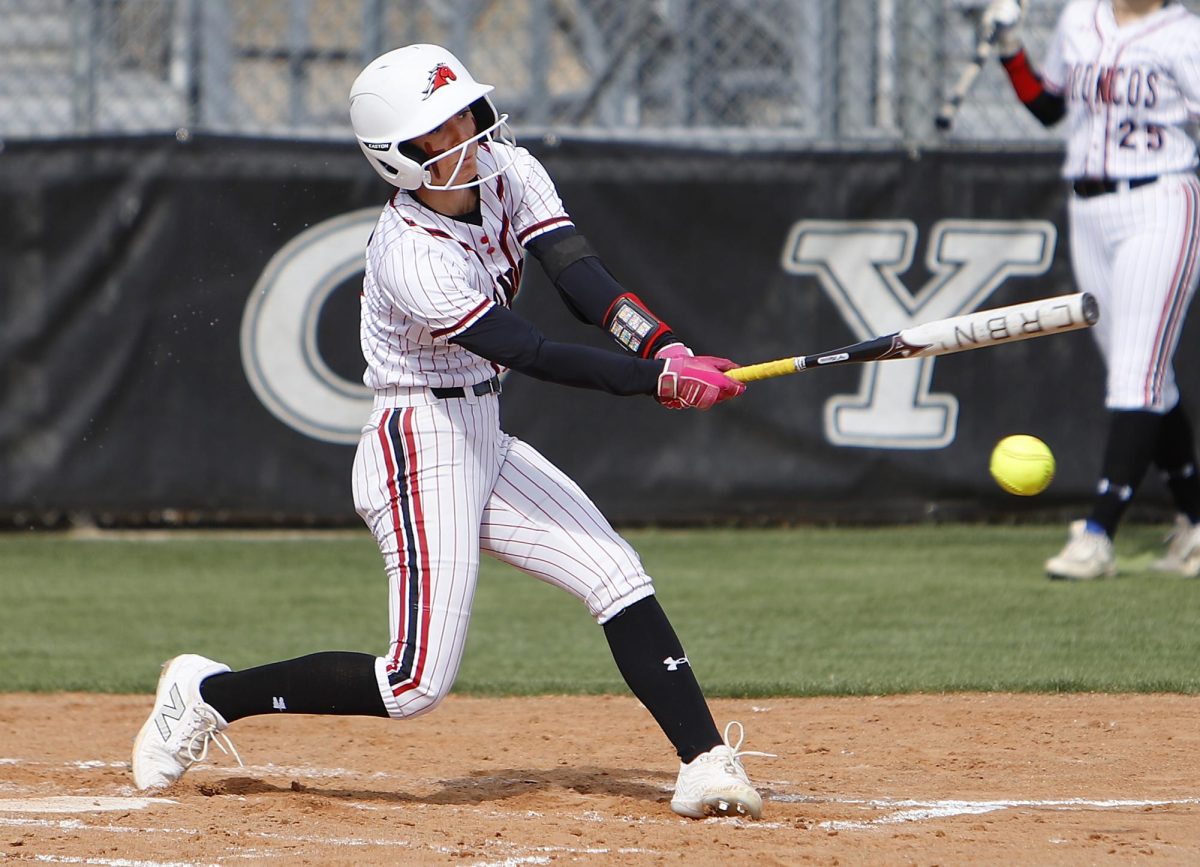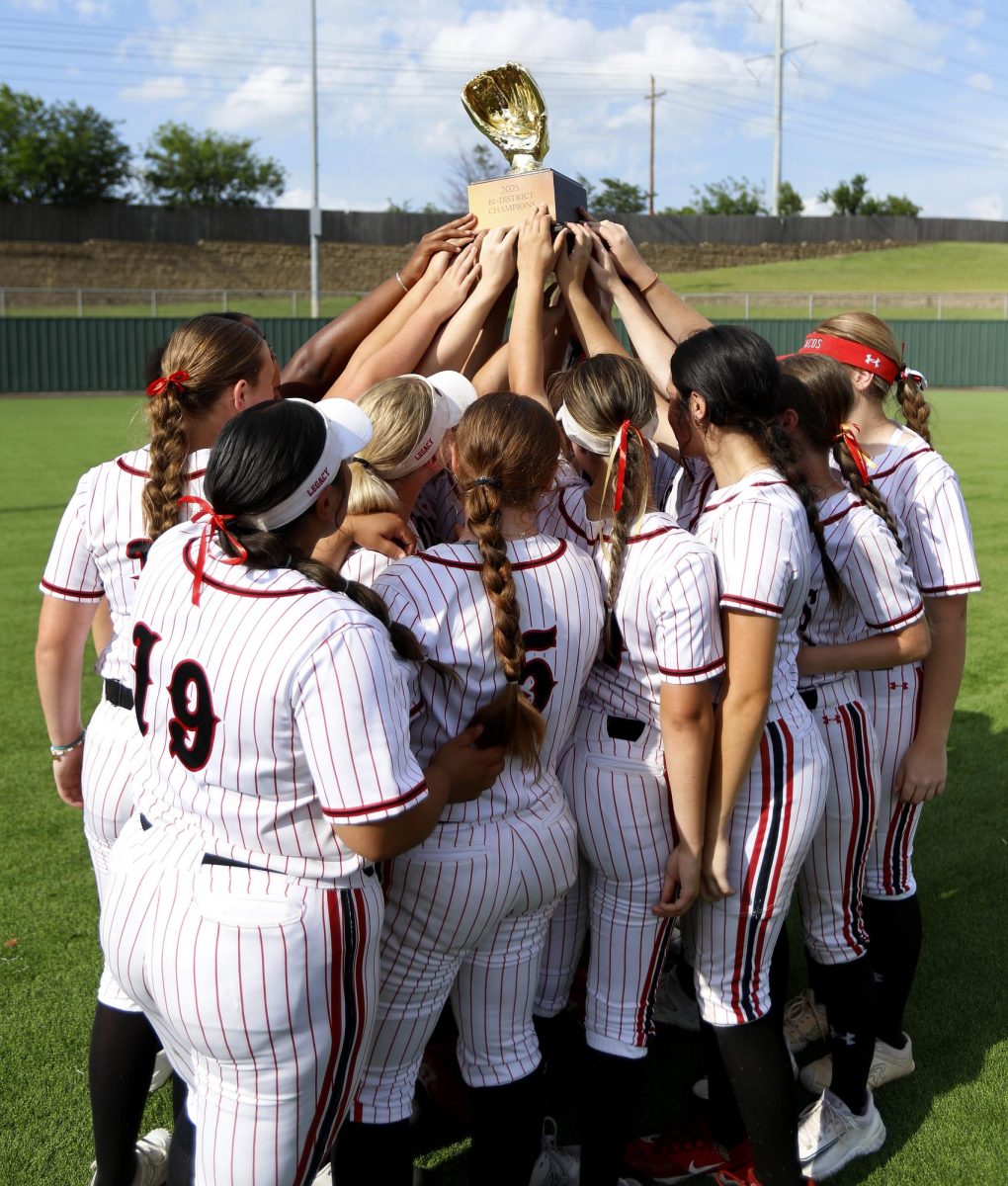Failure. One of the best parts of high school athletics is that it teaches young men and women how to react when they fail. Unfortunately, college athletics, or the inability to make it there, can teach the same lesson. But there is hope.
Only 7% of high school athletes go on to play sports in college. With these odds, over seven million high school students each year find out they won’t have a future in sports. Where high school sports can teach young men and women how to accept failure, for most student-athletes it’s hard to accept that their sports career will come to an end. But for some, it doesn’t have to.
With the opportunities presented outside of high school sports, such as post-graduate programs and select sports, students who end their high school career without any offers may have a chance to play sports in college. Former Legacy basketball player Audrey Cox attends Wichita State University as a walk-on after attending a post-graduate program at the end of his senior year.
“The whole coaching staff loved me and they let me play my game when I am locked in,” Cox said. “Being a walk-on, I still have to pay for books and supplies, but it makes me work harder for the things I want because I’m so close to my goal. I really just worked hard and bet on myself and everything worked itself out.”
Cox missed half of his senior season at Legacy and averaged 6.7 points and 3.4 rebounds. He had the highest vertical jump on the team and was one of the leading three-point shooters, but situations around attendance and punctuality made it difficult for him to get steady minutes in the rotation. Instead of giving up, he enrolled at Integrity Prep, a postgraduate preparatory school that presented him the opportunity to get into Wichita State.
“My time [at Integrity Prep] helped prepare me for college by showing me that you have to work for your spot,” Cox said. “It wasn’t easy there just like it isn’t easy in college, so I’ve always known I would have to work, but the coaches definitely helped me develop my skills and helped with my recruitment.”
In contrast to Cox, Brynn Dowd, 12, will play Beach Volleyball at Arizona State and signed before the end of her senior year. Opposite of Cox, Dowd organized her own recruitment, as her school’s indoor volleyball film couldn’t be used in Beach Volleyball recruitment.
“I basically facilitated [my recruitment] all on my own,” Dowd said. “I emailed coaches and went to camps and tried to get in front of coaches as much as possible, especially Arizona State because I knew that’s where I wanted to be.”
Though Beach Volleyball at Arizona State doesn’t offer scholarships, the help with academics as well as the opportunities provided by NIL allows their athletes to attend school at a much-reduced price while also using the many benefits of being a campus athlete.
“The coaches are so insanely knowledgeable of the sport,” Dowd said. “On top of that, the facilities, campus, and student culture there are unmatched so I knew it was the place for me.”
Only 3% of high school basketball players can play Division I basketball. Fortunately, other ways exist to continue playing sports and get a free education. There are DII, NAIA, and JUCO schools that all offer scholarships and an opportunity to continue playing sports. With over 4,589 scholarships for men’s basketball at DI schools, 3,130 at D2’s, and over 8,000 more scholarships at NAIA’s and Junior Colleges, there are plenty of opportunities for students to play in college.
Although opportunities arise to keep playing past high school, almost everyone’s athletic career ends after college. With only 2% of college athletes playing professional sports, most athletes finish playing sports around their mid-twenties. Fortunately, college athletes can use the sport they love to propel themselves to a quality degree which helps tremendously in getting a job in the modern era. According to American Radio Works, 60% of jobs in the country require a college degree.
Bachelor’s degree holders in the United States are half as likely to be unemployed as their peers who only have a high school degree. Additionally, they make an extra $1.2 million in lifetime earnings more than those who just have a high school diploma.
Ultimately, it’s possible to use the sport you love to get a quality job in America. It’s not always the most straightforward process. It helps many Americans get out of college without lifetime debt and prepare themselves for success post-graduation.
“Coming out of college, I want to be in a business for engineering, or maybe go into photography,” Cox said. “Playing DI gives me the opportunity to not have to pick right now, so I can just focus on my sport and my schoolwork, and let ideas come to me as I get older.”



